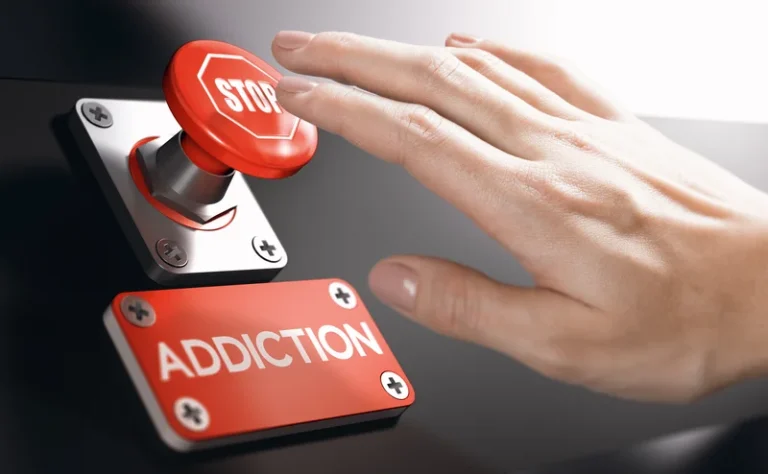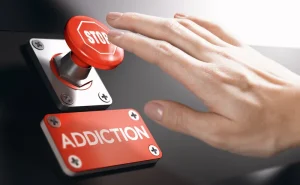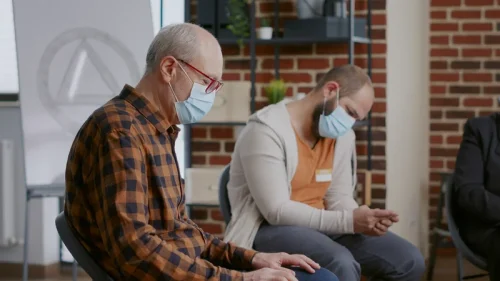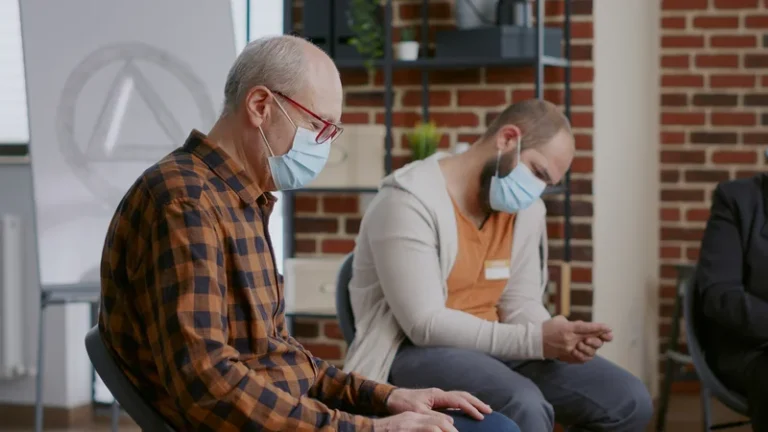Why Does Alcohol Give Me Night Sweats

Adequate hydration also helps the body to process and eliminate alcohol more effectively, potentially reducing the severity of night sweats. Understanding these risks and complications can provide individuals with the knowledge they need to make healthier choices regarding alcohol consumption. If you or someone you know is struggling with alcohol dependence, it’s https://ecosoberhouse.com/ important to consult with a healthcare professional. Remember, it’s never too late to seek help and take steps towards a healthier lifestyle.
Recovery and Spending Time in Nature
These symptoms must marijuana addiction greatly affect and cause you not to do well in school, work, or relationships.

Cognitive Consequences of Methamphetamine Addiction
Alcohol consumption can cause night sweats, an occurrence that can happen if an individual has an alcohol use disorder, binge drinks, or even after just one drink Healthline. These changes can in turn induce perspiration, resulting in night sweats. Even just one drink can cause night sweats, and they can be particularly common in individuals with alcohol use disorder or those who binge drink 5.
How Long Does It Take to Recover From Alcohol Addiction

The effects can vary among individuals, as some people metabolize the byproducts of alcohol more efficiently than others. At Live Free Recovery, we’re committed to walking alongside you on every step of your journey. Our compassionate team is here to provide the guidance and support you need to overcome addiction and reclaim your life. Don’t wait—reach out today to speak with someone who truly understands your struggles and can help you take that important first step toward healing and a fresh start. why does alcohol make me sweat Cutting back on drinking is one of the most useful ways of reducing sweating.
- When you are dehydrated, your body attempts to cool down by sweating more profusely.
- Hyperhidrosis is when a person’s body has overactive sweat glands which leads them to sweat more than is needed by their body for thermoregulation.
Other factors
If the symptoms of a hangover or hangxiety are severe—or if you are having shaking, tremors, a fever, changes in consciousness, or seizures—get prompt medical attention. In some situations, hangxiety can feel like a panic attack, with symptoms of shortness of breath, sweating, and shaking. Drinking a large amount of alcohol is more likely to cause withdrawal effects.
- If you consume enough alcohol to develop a physical dependence, you might find that you sweat more once the alcohol leaves your system.
- For instance, it helps regulate your body temperature, hunger, thirst, sweating, and other parts of your homeostatic system.
- Your watch was definitely smart enough to tell you the truth, or at least part of it.
- As a result, the body’s internal temperature may drop, triggering a physiological response to conserve heat.
- Understanding these aspects can help individuals make informed decisions about their health and well-being.
- Alcohol addiction is the compulsive need to drink, regardless of the consequences.
The body reacts by releasing insulin, a hormone that reduces blood sugar levels. A spike in insulin levels causes hypoglycemia or low blood sugar and this is usually accompanied by sweating. If you are struggling with an alcohol use disorder, ask your doctor about treatment options such as counseling or medication-assisted treatment.

This disruption can lead to an imbalance in the body’s thermoregulation, resulting in night sweats. Night sweats caused by alcohol are believed to be a result of the body’s attempt to regulate its temperature. Alcohol can interfere with the body’s natural temperature regulation mechanisms, leading to an imbalance that manifests as sweating during sleep. For instance, establishing a regular sleep schedule and creating a comfortable sleep environment can help alleviate night sweats.
The Importance of Sleep Hygiene in Addiction Recovery

When alcohol is consumed, it inhibits the release of an antidiuretic hormone called vasopressin, which plays a crucial role in regulating the body’s water balance. When it comes to understanding why alcohol can cause night sweats, it’s important to explore how alcohol affects the body. Alcohol consumption can have various effects on body temperature regulation, as well as on hormones and metabolism.
- Excessive sweating can be an unpleasant side effect of consuming alcohol.
- To better understand the relationship between alcohol metabolism and night sweats, it is important to consider individual differences in alcohol tolerance, liver function, and overall health.
- Your body will then rush to produce more heat to balance your temperature levels.
- For instance, establishing a regular sleep schedule and creating a comfortable sleep environment can help alleviate night sweats.
Sexual and reproductive health
By moderating your alcohol intake, you can mitigate these effects and reduce the occurrence of night sweats. Consider setting limits on the number of drinks consumed per day or per week. Gradually reducing alcohol consumption can help your body adjust and potentially reduce the occurrence of night sweats. It’s essential to remember that sudden and drastic changes in alcohol consumption can lead to withdrawal symptoms, so it’s important to proceed cautiously and seek medical advice if necessary. Severe alcohol withdrawal symptoms, known as delirium tremens (DT), can include severe sweating, fever, hallucinations, and seizures.


